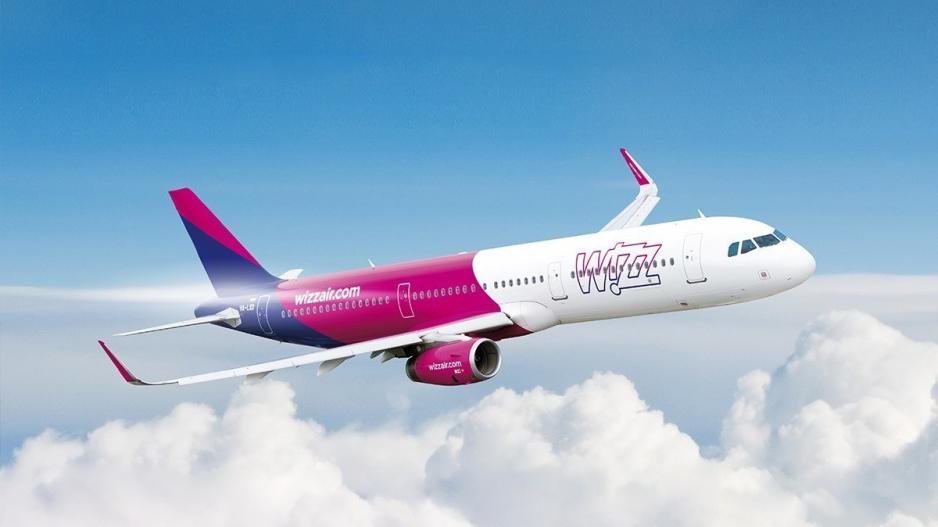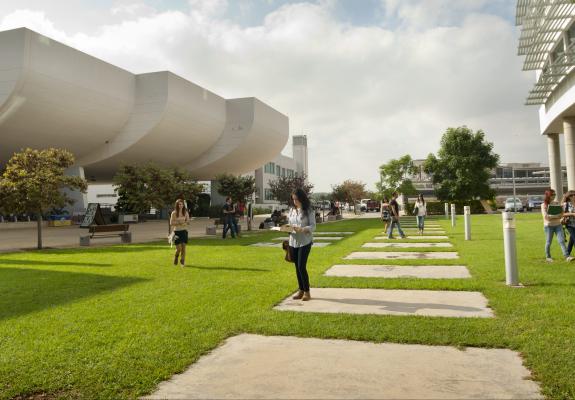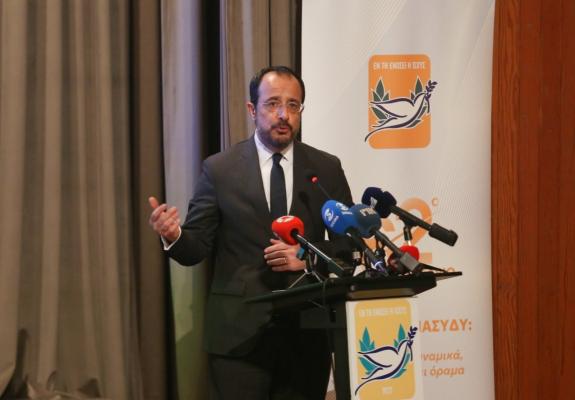Wizz Air Welcomes Collaboration at COP29
The Company Calls for Decisive Policy Action to Drive Aviation’s Net-Zero Future.
Wizz Air, Europe’s most environmentally sustainable airline 1, has welcomed the opportunity for collaboration and dialogue at COP29 on Transport Day and emphasized the urgent need for collective action to achieve the implementation of the International Civil Aviation Organization’s (ICAO) long term aspirational goal (LTAG) of Net Zero Emissions by 2050.
Participating at COP29, Wizz Air reaffirmed its commitment to decarbonizing aviation while highlighting the critical role of international collaboration and effective policy support in achieving net-zero emissions.
The event provided a unique platform to bring together key stakeholders, including government representatives, industry leaders, environmental experts, and investors. As part of the European aviation industry’s collective appeal, Wizz Air joins other stakeholders in urging the adoption of the European Union’s Clean Industrial Deal and development of a Sustainable Transport Investment Plan.
Wizz Air advocates for incentives to scale up SAF production locally, addressing one of aviation’s most pressing decarbonization challenges. The airline has already invested significantly in SAF innovation, including an investment in Firefly, a UK-based company developing SAF from renewable waste, and investment in CleanJoule, a SAF production company focused on agricultural residue-based SAF production.
The airline also emphasizes the importance of robust carbon markets to offset emissions as part of the global decarbonization effort. Wizz Air calls on ICAO Member States to release more eligible units for the Carbon Offsetting and Reduction Scheme for International Aviation (CORSIA). This mechanism ensures the industry contributes to meaningful emissions reductions while advancing investments in renewable energy and other climate projects.
“Wizz Air has long prioritized climate-conscious operations through investment in best-in-class aircraft technology, fuel-efficient practices, and significant investments in Sustainable Aviation Fuel (SAF). SAF is a key driver and we have invested in SAF production, concluded offtake agreements, and are piloting SAF flights ahead of the EU mandates in 2025. However, achieving net-zero emissions by 2050 is a global challenge that requires collective efforts. We welcomed the opportunity to engage with stakeholders at COP29 and encourage urgent alignment on creating the frameworks needed to scale affordable SAF production, enhance renewable energy infrastructure, and incentivize technological advancements.
We look forward to the new European Commission’s Clean Industrial Deal and the Sustainable Transport Investment Plan. We need to shift the conversation beyond just scaling SAF to prioritizing reduction of emissions across the industry through a basket of measures. Every step we take—whether through SAF, carbon markets, or new technologies—brings us closer to a more sustainable aviation sector and a net-zero future.”






